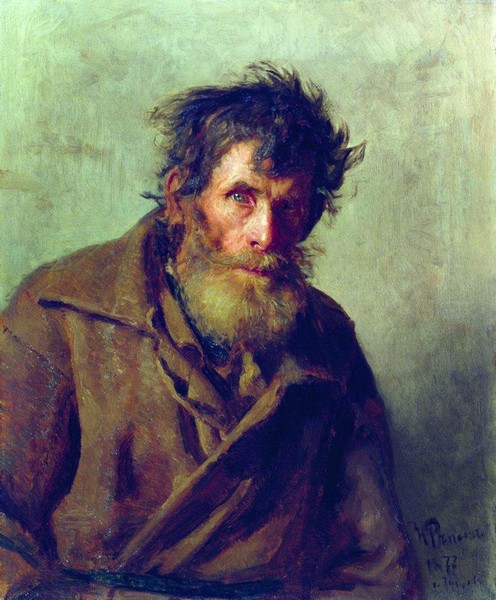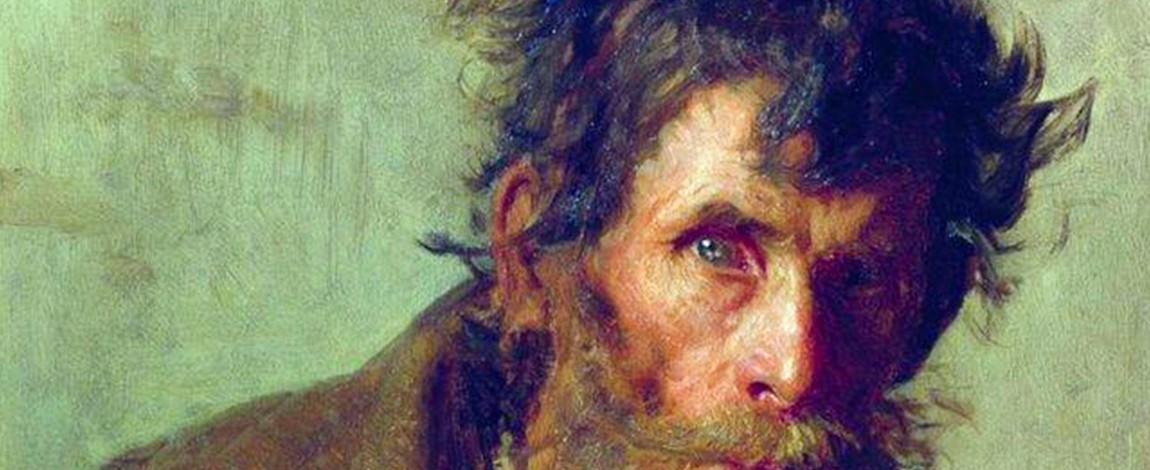
Some of you may remember the series I wrote about Wilhelm Masters songs, which began in October 2013 and ended eighteen posts later in June 2016. We all often heard in recitals the songs of Mignon and the harpist, included in Johann Wolfgang Goethe's Wilhelm Meister's Apprenticeship, so the aim was to put them into context. Actually, there are fourteen songs in the book and I talked about them all.
When we finished the series, I promised that I would let those songs rest for a while, and I think I have kept my promise. We haven't listened to any of them since then. But it turns out that I have been preparing a talk for a bookshop about the songs of the harpist. This means that I took my book (still with the bookmarks) off the shelf and started listening to the harpist's songs from different composers. And, you know what happens... Seven years later, Wilhelm Meister's songs come back to Liederabend.
We're listening to An die Türen will ich schleichen [Meekly at the door I’ll stay], the harpist's last song. To give context to some or refresh memory to others, the harpist is an old man who wanders with his harp and offers his songs in exchange for some coins. We won't know anything about his past until the end of the novel, but we will soon find that he bears a deep sorrow and a feeling of terrible guilt. We will also know that he's scared, that he seeks solitude, and that he is afraid to hurt those who appreciate him. Wilhelm Meister feels good with him; the old man can calm his sorrow with a few words and, above all, with his music. The narrator tells us that Wilhelm often searches for him when he is concerned to speak (in fact, or one speaks, and the other sings). When the young man leaves the city where they met, he takes the harpist and the child he saved from a rope-dancing company with him.
The harpist will try to distance himself from Wilhelm and his people several times to protect them. His fears are confirmed when he is about to kill a child in the confusion caused by the fire that destroyed their home. Wilhelm Meister manages to rescue the boy safely and, a few days later, the harpist, who had disappeared. The old man wants to leave, but the young man intends to prevent it because he can see he is about to lose his mind for good. Meister finally persuades the harpist to stay in charge of a clergyman who heals this kind of diseases.
In An die Türen will ich schleichen, the harpist wants to go back to his wandering as a beggar. He won't go into the houses, but he will stop to take the food that is given to him. The last verses he sings are more mysterious: everyone who sees him will feel happy; he will make them cry, though he will not know why. Perhaps he is referring to the beneficial effect he has on people, despite everything, and the gift he has to calm their pain, and these tears are somehow sweet.
Among the most important versions of this song, we heard until now those of Schubert and Schumann; this week we're listening to that of Wolf, a very restrained song. The indication is “Langsam, aber nicht zu schleppend”; the adjective schleppend (which Mahler also uses extensively in his scores) can be translated as “dragging, slow, labored”; if we related it to the harpist pace: “slow, but not very dragging”. The short prelude, which also serves as an interlude between both parts of the poem, is indicated as "dolente" [sorrowful], and the first part of the vocal line, "leise" [soft]. Given all of this, we imagine the harpist being sad and walking slowly, but without stopping. His voice only raises briefly when he talks about tears.'
I often wonder which of the composers must have read Wilhelm Masters Apprenticeship, and which of them must have known the poems in any of the many editions made of it. We know that Wolf chose most of his Goethe-Lieder from an anthology published in 1861, but we have reasons to suspect that he had read the novel. First, he used to be a great reader; second, one of his songs from Wilhelm Meister's Apprenticeship does not appear in the anthology; and third, a musical detail that we hear, or rather we don't hear, in An die Türen will ich schleichen: unlike the other two harpist songs, we don't hear a harp. When the harpist sings this song, he no longer has his harp; it burned in the fire.
I leave you with An die Türen will ich schleichen performed by Andrè Schuen and Daniel Heide.
Still und sittsam will ich stehn,
Fromme Hand wird Nahrung reichen,
Und ich werde weitergehn.
Jeder wird sich glücklich scheinen,
Wenn mein Bild vor ihm erscheint,
Eine Träne wird er weinen,
Und ich weiß nicht, was er weint.
Meekly at the door I’ll stay;
Pious hands will come to feed me,
And I’ll wander on my way.
Each will feel a touch of gladness,
When my aged form appears;
Each will shed a tear of sadness,
Though I reck not of his tears.
(translation by Thomas Carlyle)













